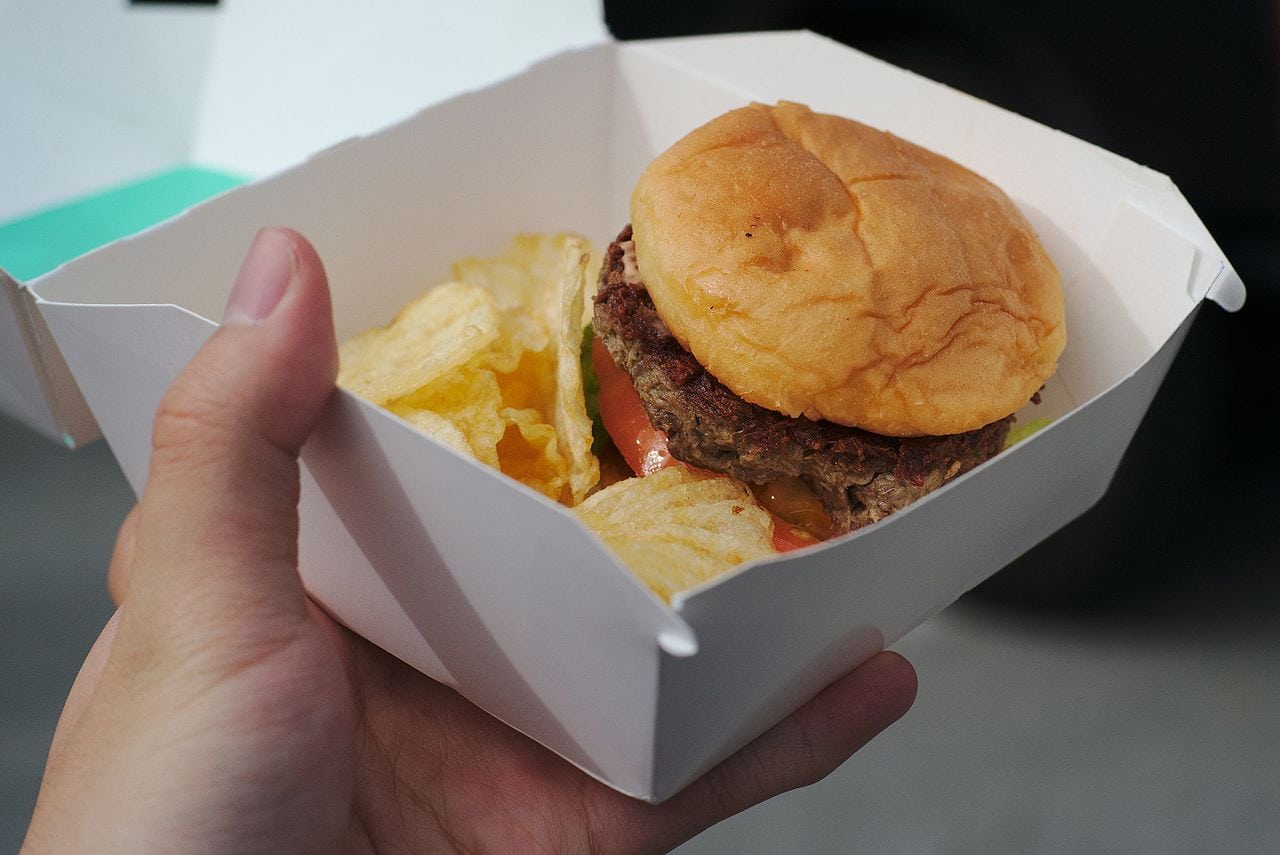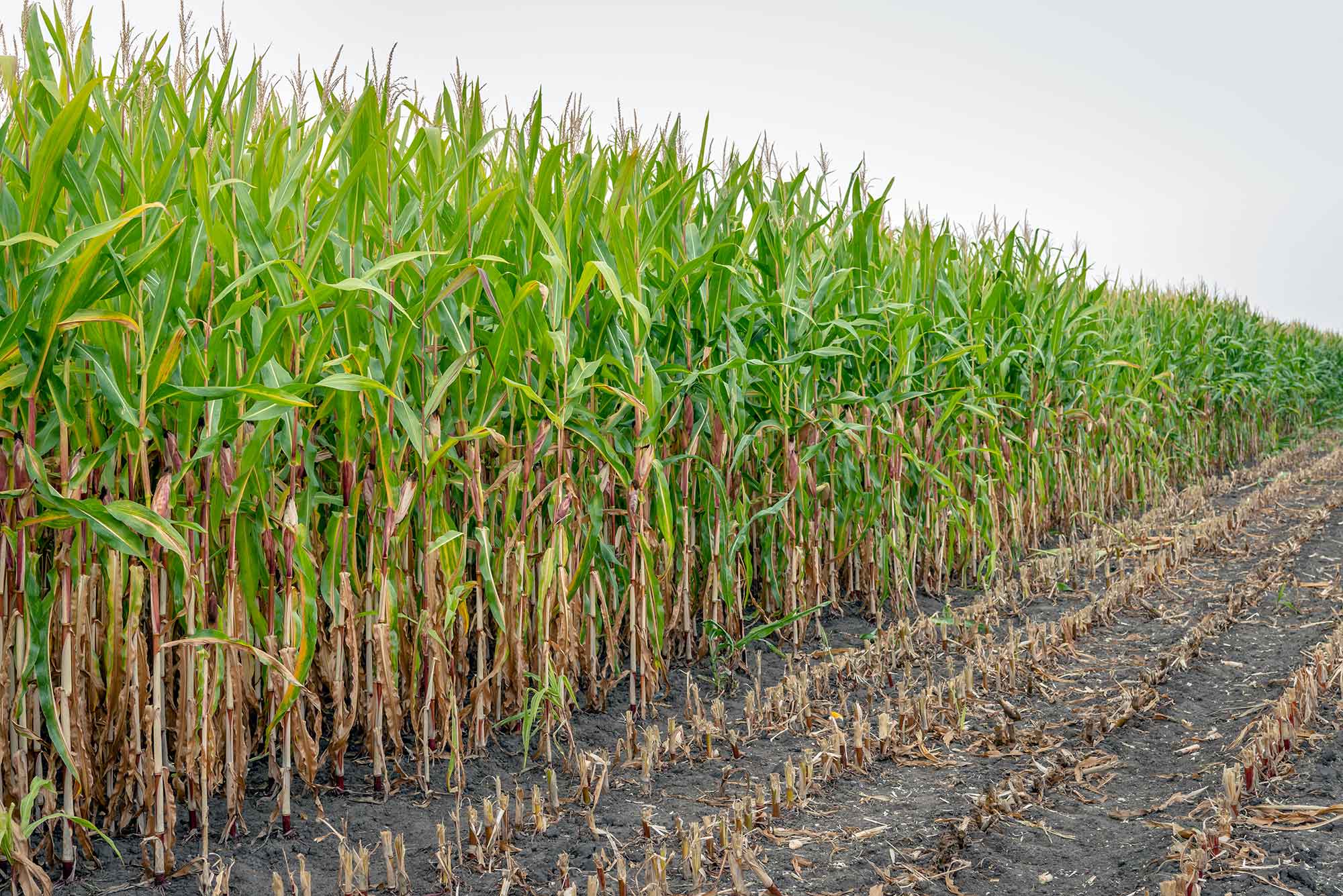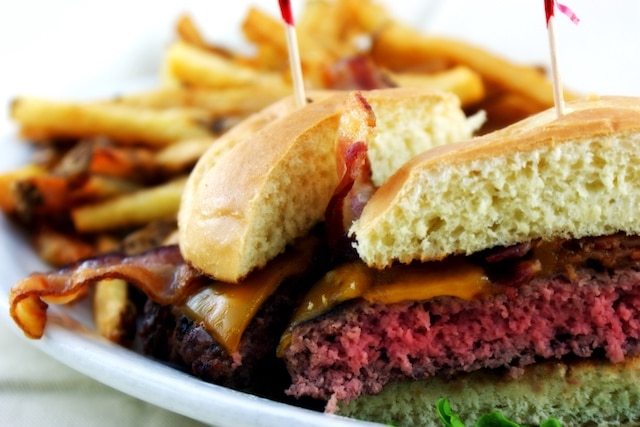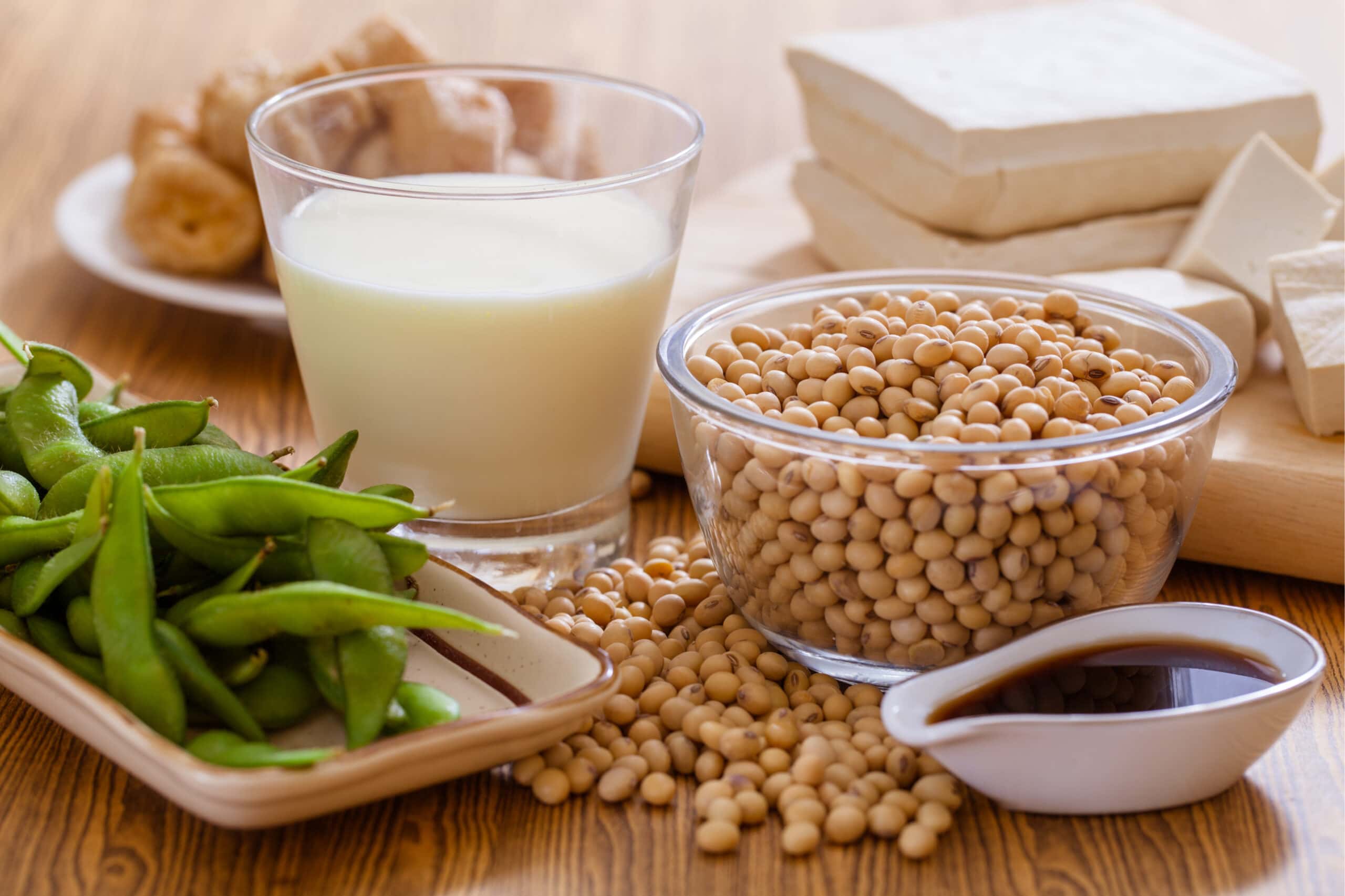Environmental Toxins
also known as environmental toxicants
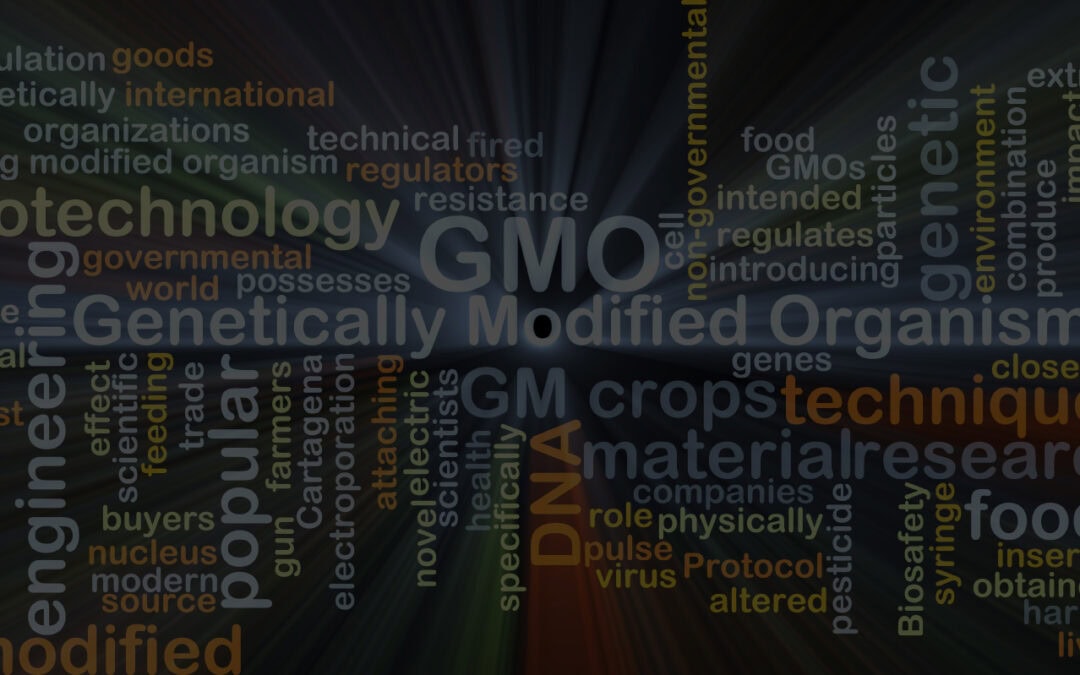
GMOs on X
This is a different type of blog/article. My news stems mostly from X. I grew weary from censorship and factchecking and thought X might be the safe news haven. For the most part, I believe that to be true, unless I am criticizing Dr. Makary and the FDA position on Covid vaccines or the missing link, GMOs, from the MAHA Commission Report recently released. But a recent post graced my feed and I thought I must share an anonymous tweet in response to someone stating that “…Developing GMO food...

Synthetic Milk and Our Children: A Pediatrician’s Cautionary Tale
Article 7 in the Got REAL Milk Series Why Synthetic Milks May Be a Bad Idea for Children:A Pediatrician’s Perspective A summary for busy parents: Synthetic milks lack key bioavailable nutrients found in organic dairy, including healthy fats, essential amino acids, and fat-soluble vitamins which are necessary for brain development and immune function. These products are new to the market and have no long-term safety data in children whose developing systems may be more vulnerable to novel...
Early Exposure to Pesticides Linked to Increased Risk of Autism
Researchers say pregnant women and babies must be protected against exposures to pesticides, including glyphosate herbicides.
Rat Feeding Study Suggests the Impossible Burger May Not Be Safe to Eat
Rats fed the genetically modified yeast-derived protein soy leghemoglobin – the burger’s key ingredient – developed unexplained weight gain and signs of toxicity. Report by Claire Robinson and Michael Antoniou, PhD
GM Bt Corn Caused Organ Damage and Altered Blood Biochemistry, and Threatened Male Fertility
In a rat feeding study, genetically modified (GM) Bt insecticidal corn caused altered blood biochemistry, organ damage (including damage to liver and kidney), and potential impacts on male fertility.
Why Did the US EPA and IARC Reach Opposite Conclusions on Glyphosate’s Genotoxicity?
One agency concluded glyphosate is not genotoxic, while the other concluded it is. A new peer-reviewed paper explains the reasons for the disagreement.
Childhood Leukemia, the Microbiome, and Glyphosate: A Doctor’s Perspective
Gut bacteria play a role in whether our children will develop leukemia – and there may be a link with glyphosate and GM crops, writes Michelle Perro, MD
Genetic Engineer Renounces His GMO Potatoes
Dr. Caius Rommens developed GMO potatoes that are now in the food supply. He has now renounced his products and written a book warning about the risks
We Can Turn Children’s Health Around
Children’s health is in crisis. But breakthroughs in our understanding of the importance of gut health can help reverse even serious disease, writes Michelle Perro, MD
Pesticides in Foods Can Harm Human Fertility
New study findings suggest that women who are trying to conceive should eat organic food, writes Myrto Ashe, M.D.
The Impossible Burger: Boon or Risk to Health and Environment?
Impossible Foods’ meatless burger is touted as healthy and environmentally responsible. Claire Robinson and Dr Michael Antoniou take a look at the evidence behind the hype.
A Hidden Epidemic
A survey shows that exposure to potentially health-threatening levels of glyphosate has escalated over the past 20 years, yet regulators are turning a blind eye, writes Professor David Schubert.


